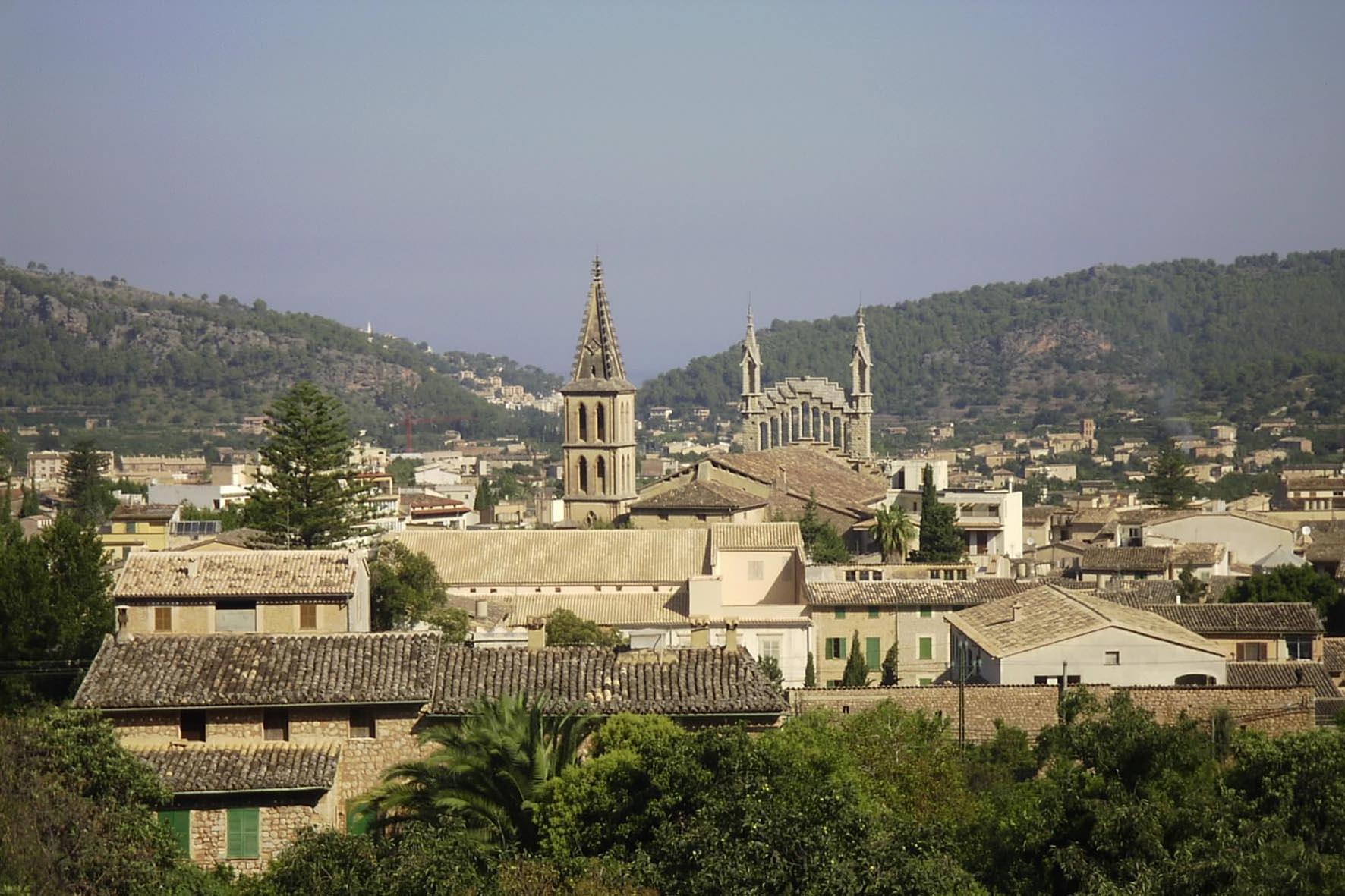August is the time of year when changeover happens in Soller. I am not talking about tourism here but small town, resident life. Our population of approx. 13,500 is classified as ‘small town’. Fornalutx and Deya are both villages with their population sizes of less than 1000. We are a multicultural area with history and languages mixes; indeed, the census information is always a fascinating read for the precise information.
August is significant in that families leave and arrive this month ready to settle their children in schools in September. The reasons they come and go are many but the uptick in change has been more marked since covid. When movement was restricted and difficult, little change happened, and this created a pent-up demand. This is now being fulfilled as the arrivals and departures are being noted.
The majority of people who live here are local and live here by choice. They have history of families living in other places and 70% of them have French in their DNA. This is a direct result of economic migrations of the past to France from Soller when times were tough. In August you are just as likely to hear French being spoken in town as Mallorquin. The outside influences have been very important in creating the Soller we see today. This is not a small insular community but one with arms open to France, the USA and other colonial mixes of the past.
The incoming, August people, represent all those influences plus the newer ones from Sweden and most European countries. It is not just people from the UK who are driving their furniture and belongings here to start a new life. Some of our new friends have familial connections and some have inherited property in which they will live. They are the ones who spent summers here as children and now have the opportunity to introduce their own children to this life. Every newcomer has their story, and most are not arrogant enough to think they can teach the locals something. This used to be a feature of the superior ex pat way of thinking. Most of us now believe it is us that learn most from our local friends, who are grounded in the life we admire, and want to be part of.
The paperwork and bureaucracy stories happen with each group. They haven’t yet learnt how a piece of paper which needs a signature can be a day’s work. Alternatively, if you are savvy enough to do most of your paperwork online you will find that Spain is light years ahead of other countries in this field.
So, what does the early day experience of the incomers look like? Just like relocation anywhere largely, except that it is hot, hot, hot in August and September. Nothing gets accomplished fast enough because the sea and the pool are too tempting. Early days often mean living like you are on holiday for a few weeks before real life takes over.
Our new friends do not begin to stand out as yearlong residents until the crowds disperse in October and early November. It is then that small town life emerges, and we all recognise those who are putting down their first roots. School gates are the place that families make their connections. The younger crowd gravitate to the bars and cafes which call them. The ‘vibe’ is always subtle and whether it is Bar Turismo, Café Soller or Dodepit which pleases, makes a statement.
The people who choose to settle for a season or for ever, in Soller, are making their choice for their own reasons. This is not a part of the island that invites migration to fulfil essential services. In 13,500 people only 2000 are from other places. Incomers from other countries are the registered minority. Respect for the Soller way of life and its cultural observances is essential. New friends can participate, observe or ignore what is going on around them. The rhythm of Soller life is not dependant on them and will continue long after they have achieved their Soller ambitions and moved on.
Knowing all this a new group arrive every year and they are very welcome. We look forward to the 2023 intake...


No comments
To be able to write a comment, you have to be registered and logged in
Currently there are no comments.